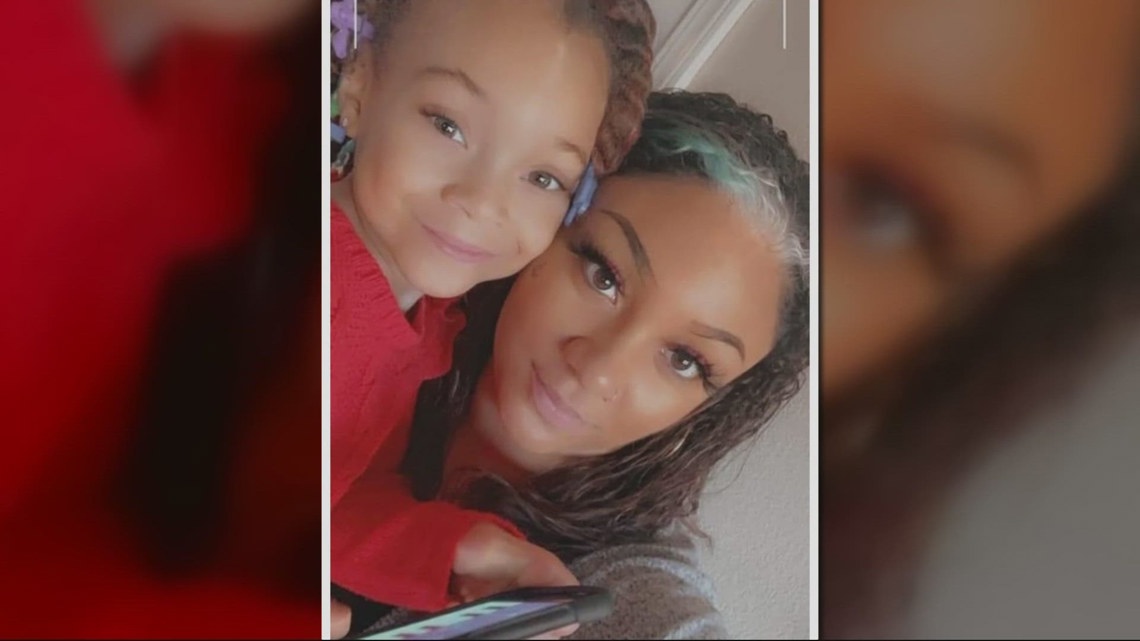Two years after the bodies of a Vancouver mom and daughter were found murdered, the quest for answers continues.

VANCOUVER, Wash. -- Two years after the tragic murders of Meshay Melendez and her 7-year-old daughter, Layla Stewart, near Washougal, their family and advocates are still fighting for justice. Despite Kirkland Warren, Melendez’s ex-boyfriend, pleading guilty and receiving a life sentence for the murders, they believe systemic failures contributed to this heartbreaking situation.
Warren had been arrested shortly before their disappearance for threatening Melendez but was released without an ankle monitor, despite being deemed a threat. This was concerning, especially since he was also out on bail for a previous murder charge in Arkansas. Advocates, including Michelle Bart, president of the National Women's Coalition Against Violence and Exploitation, argue he should have been monitored more closely.
As Warren faces prosecution for the 2017 murder case in Arkansas, the focus is shifting to ensuring that stronger domestic violence protections are implemented. Advocates are calling for better enforcement of laws like the Tiffany Hill Act, which allows courts to mandate GPS ankle monitors for domestic violence offenders. Bart emphasizes the importance of not just passing laws but also enforcing them effectively to prevent future tragedies.
For Melendez's mother, Nichole, the grief remains profound. Family friend Tara Verde-Trejo recalls the pain of receiving the news about their deaths, which makes this time of year particularly difficult for their loved ones. Many are still searching for answers regarding why Warren was not monitored.
As the anniversary of their passing approaches, family and friends continue to honor Meshay and Layla’s memory, advocating for changes that will protect future victims. "Something has to change," Bart asserts, insisting that crime victims should not face more obstacles than the perpetrators. Their hope is that by driving change, no other family will endure the same devastating loss.